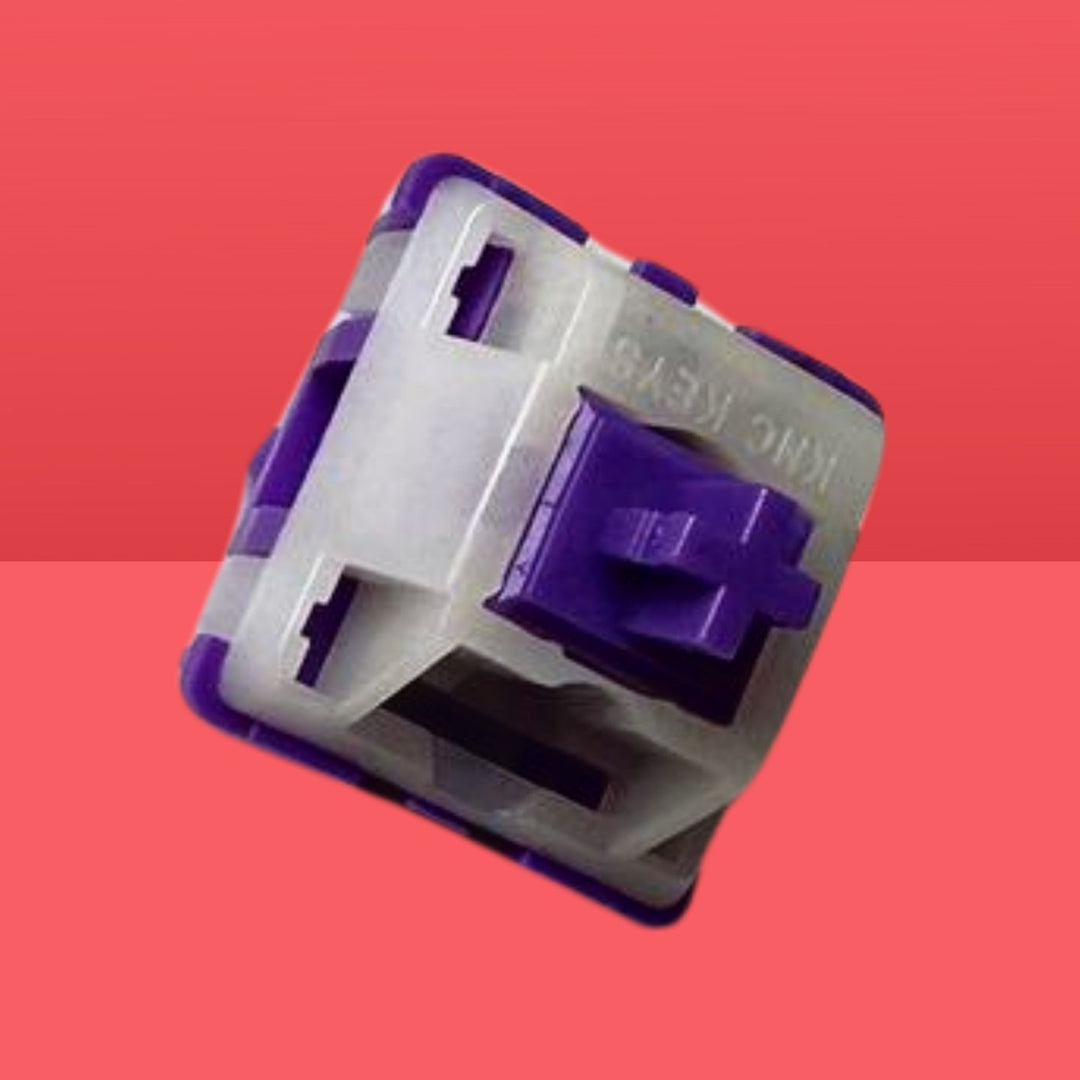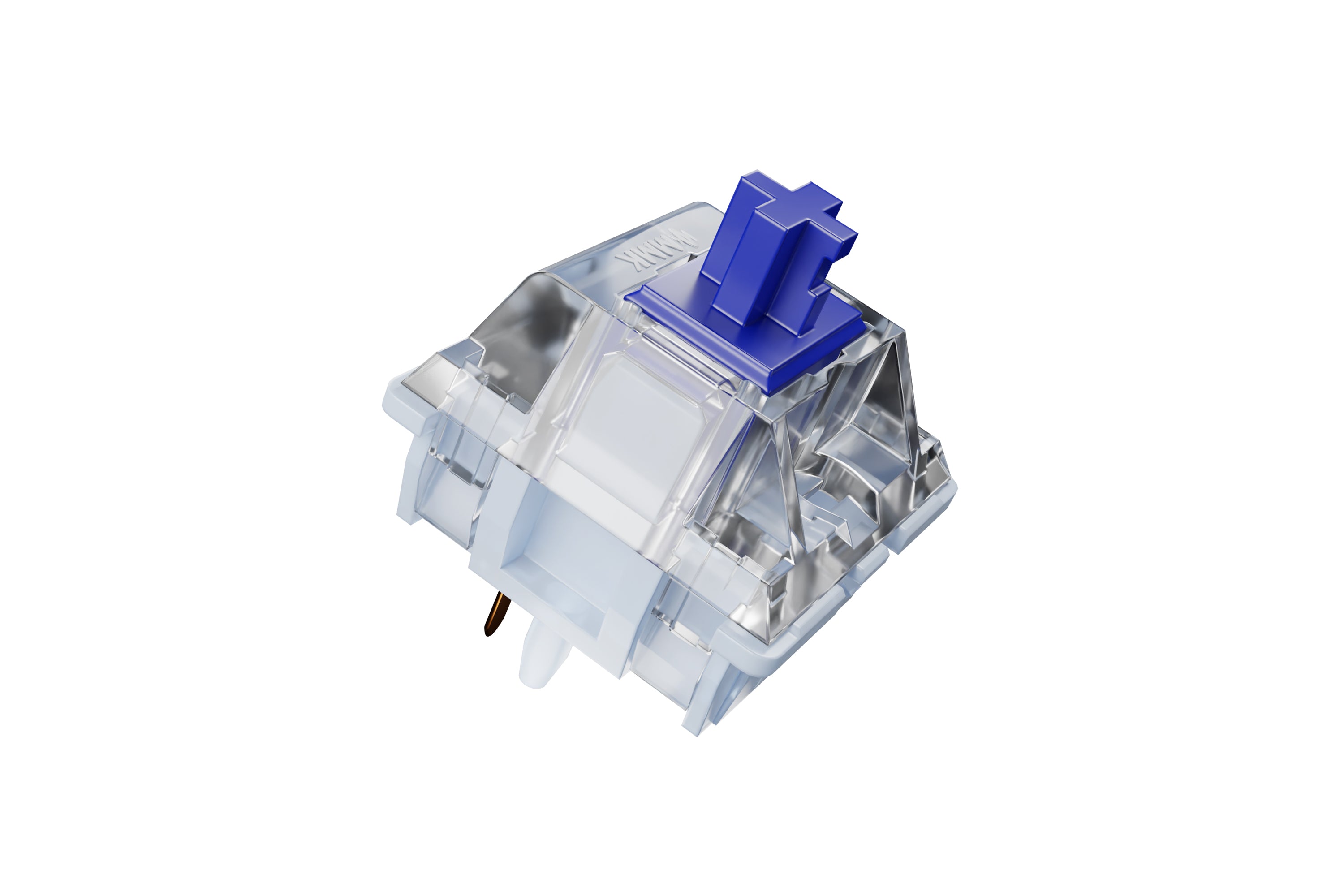Experiment with different tactile switches to find the perfect keystroke feedback for you.
Exploring the Benefits of Tactile Switches for Your Next Task
Tactile buttons, defined by their recognizable feedback, are pivotal for improving user communications in modern technology. As sectors significantly focus on user-friendly user interfaces, the fostering of responsive buttons across different sectors-- from consumer electronic devices to commercial machinery-- values factor to consider.

Recognizing Tactile Changes: Just How They Function and Their Kinds

These switches are available in various kinds, including dome, fallen leave, and tablet. Dome switches, which use a rubber dome to offer resistance, are popular for their resilience and cost-effectiveness. Leaf buttons, on the other hand, include a level, spring-like system that supplies a sharper click. Pill buttons are known for their small dimension and are often used in devices with room constraints. Each kind supplies distinctive tactical feedbacks tailored to certain application needs and customer preferences.
The Duty of Tactile Comments in Individual Experience
User experience is significantly boosted by responsive feedback, which acts as an essential bridge between the gadget and its individual. This type of comments is vital in environments where visual or acoustic hints may be less reliable or entirely absent. Tactile buttons, by their actual nature, supply a physical reaction to individual activities, verifying inputs through an obvious feeling. This not just boosts the precision of communications however also quickens the customer's ability to finish tasks by minimizing the need for visual confirmation.
In the world of accessibility, responsive comments plays an essential role. Hence, tactile feedback is fundamental in making instinctive and effective individual experiences (tactile switches).
Contrasting Tactile Switches Over With Various Other Kinds of Switches
While tactile switches offer definitive comments that assists in access and customer self-confidence, it is crucial to examine just how they stack up versus other sorts of buttons utilized in digital tools. Direct buttons, for example, supply a smooth keystroke without the responsive bump, which can be more suitable for tasks requiring fast key presses, such as video gaming. Nonetheless, they do not have the distinctive feedback that assists protect against inputting errors obvious in tactile switches.
On the other hand, clicky buttons, comparable to tactile variations, supply distinct comments. Fairly, responsive buttons strike an equilibrium between the quiet operation of direct buttons and the loud assurance of clicky buttons, making them versatile for both loud and quiet setups.
Practical Applications of Tactile Changes in Various Projects
Various contemporary electronics integrate responsive switches due to their reliable feedback and user-friendly user you can try this out interface. Customer electronic devices like keyboards, remote controls, and gaming controllers utilize tactile switches to boost the individual experience by offering instantaneous tactile feedback upon actuation.
Furthermore, responsive buttons are discovered in different industrial applications. They are made use of in making tools panels and portable analysis devices where operators gain from clear operational responses throughout equipment handling. Clinical tools also use responsive buttons, adding to their security and efficiency. These buttons make it possible for healthcare specialists to operate tools promptly and with precision, essential in emergency situation and medical settings. Thus, tactile switches confirm vital throughout a broad range of sectors, providing both capability and integrity.
Tips for Deciding On and Integrating Tactile Switches in Your Styles
When selecting responsive buttons for different style tasks, it is necessary to think about several crucial variables to ensure ideal efficiency and combination. Initially, evaluate the pressure needed for actuation and the button's life expectations. Developers should match these requirements with the application's needs to stop premature failing visit our website or individual discomfort - tactile switches. Next off, think about the dimension and footprint of the button. Portable designs may necessitate smaller sized buttons, which might influence the responsive responses and longevity.
Additionally, the ecological problems where the device will operate are crucial. For projects revealed to dampness or dirt, picking buttons with greater IP scores to withstand such elements is a good idea. Integration simplicity must be evaluated. The switch needs to be suitable with the existing circuit design and placing needs. Utilizing switches with pre-soldered leads or those that offer clear soldering standards can simplify the setting up process, ensuring a trustworthy and effective integration into the last item.
Final Thought
